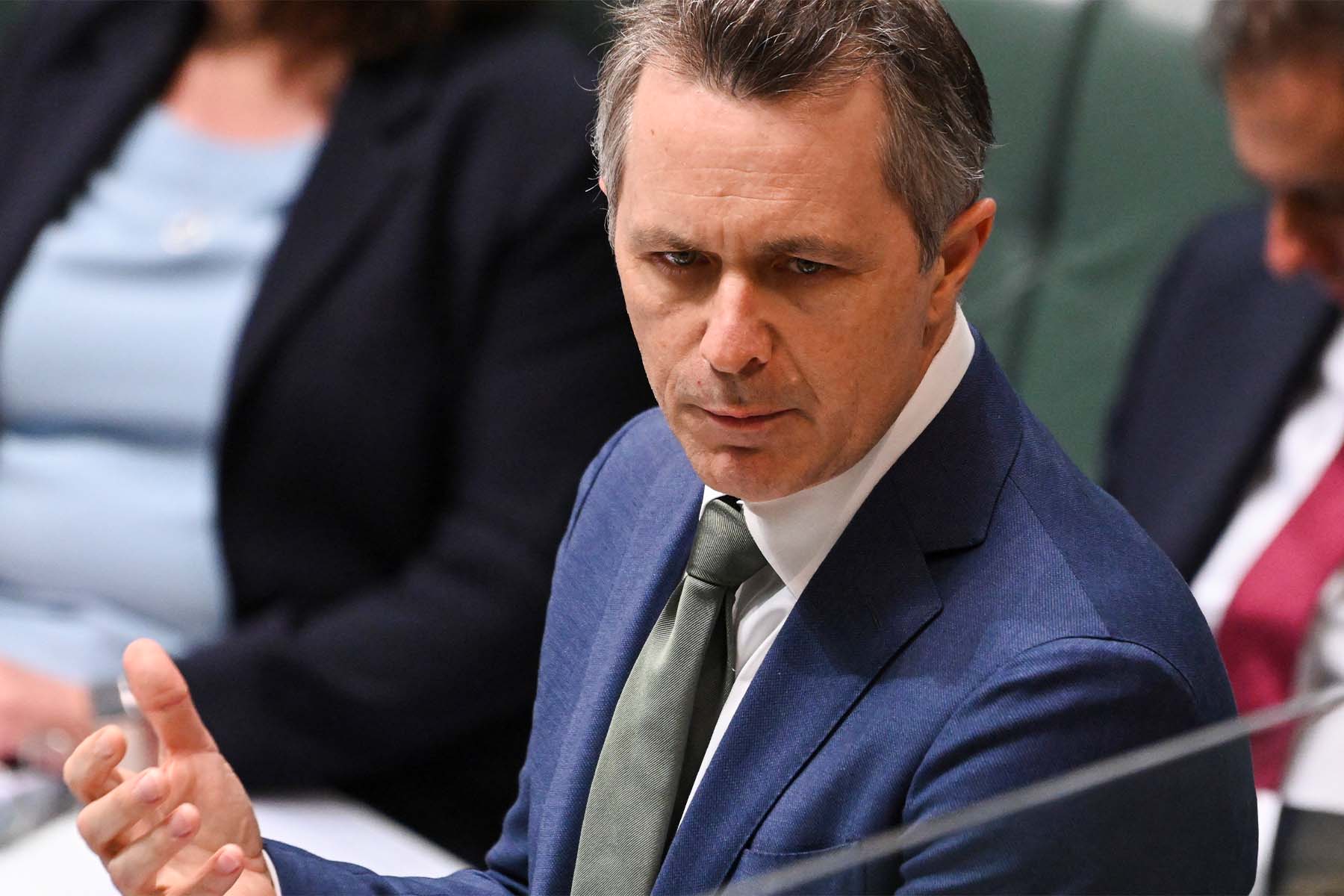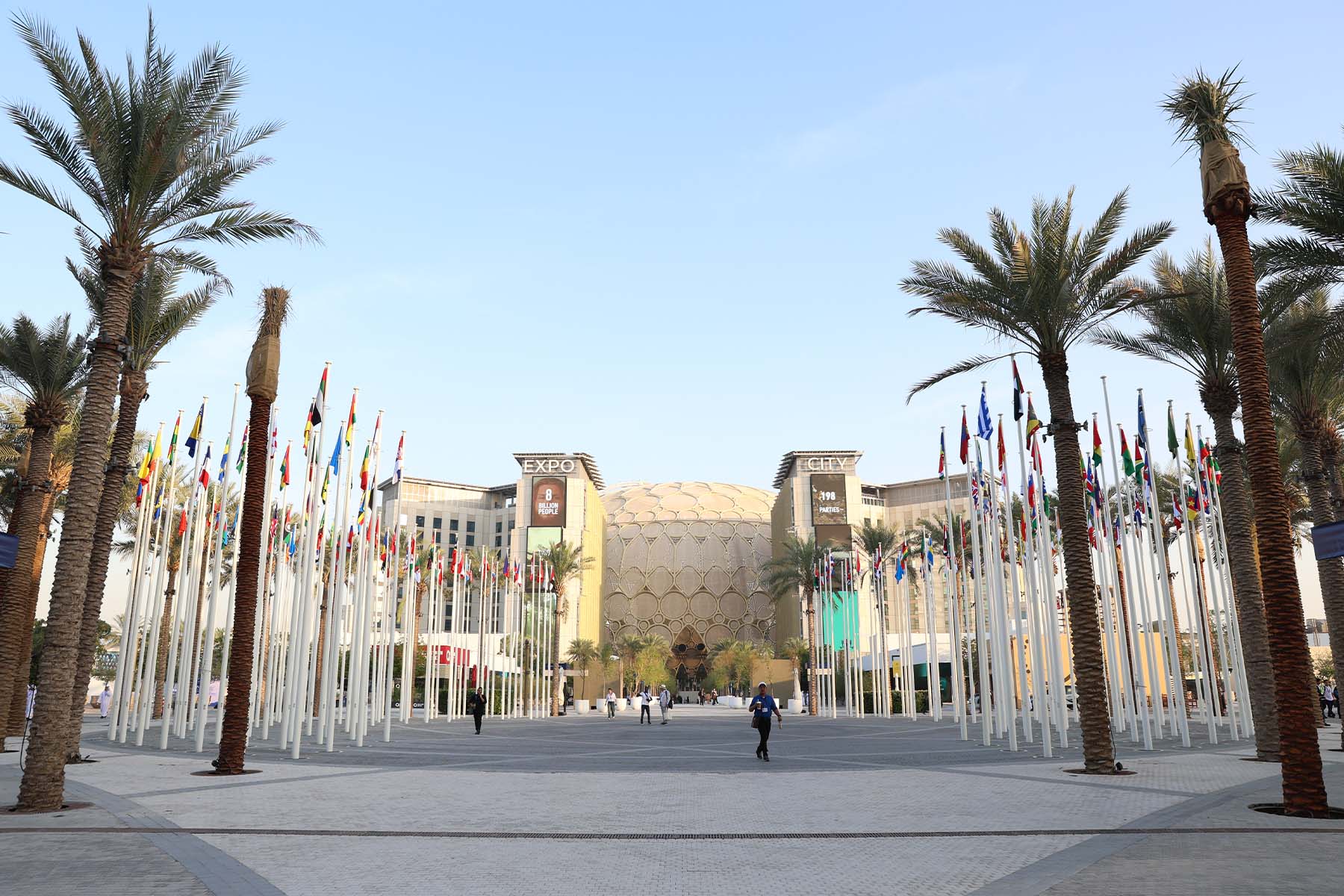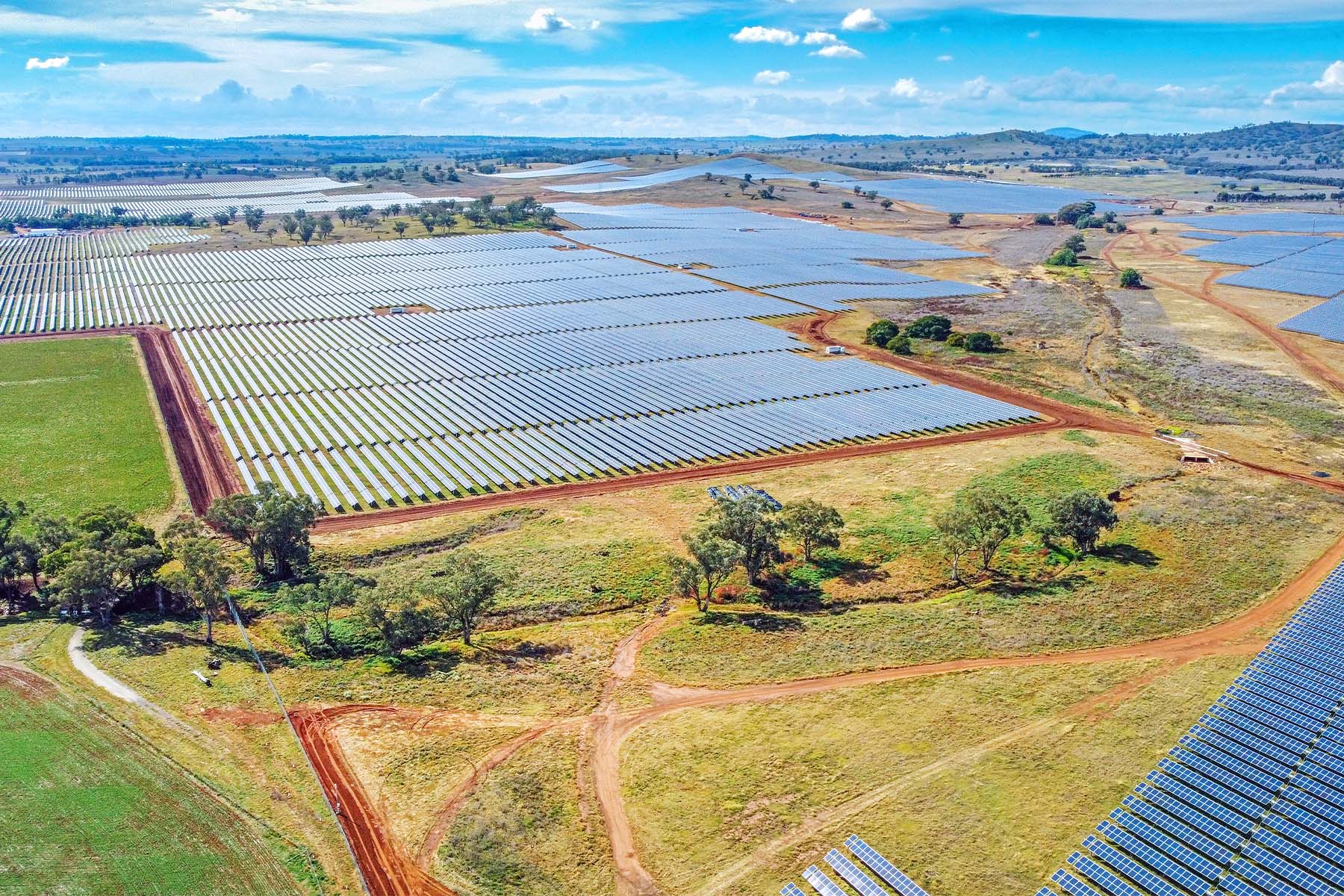
The Australian Universities Accord cannot ignore climate change

COP28 is a reminder that higher education needs a mandate to combat the climate crisis and support the planet
Published 1 December 2023
As the year draws to a close, two major events that will shape the future of the country look set to coincide.
In December, the Australian Universities Accord will release its final report outlining its vision for higher education. The objective of the Accord is to improve the quality, accessibility, affordability and sustainability of higher education to ensure the long-term security of the sector and prosperity of the nation.
As Minister Clare unveils the details of the Accord, people from across the world will be meeting in Dubai for the flagship United Nations Climate Change Conference – COP28 – to discuss how to advance global action on climate change.
Both events will make claims about immediate actions that need to be taken to realise a prosperous future. But the contrast between them could not be more striking.

A tale of two futures
The interim report of the University Accord released in July this year outlines five priority areas for transforming higher education. These broadly consider ways of changing university funding and governance to make university study more accessible and equitable.
While the interim report offers a relatively holistic understanding of higher education, it prioritises the economic imperatives of the sector.

For example, in the first key area for review, “Meeting Australia’s knowledge and skills needs, now and in the future” – the Terms of Reference (ToR) state that “nine in ten new jobs will require post-school qualifications and fifty per cent of new jobs are expected to require a bachelor’s degree or higher”.
Notably, the Terms of Reference for the Accord do not mention the environment or the need to address climate change, which partially explains why it is downplayed in the interim report.
The Accord promises a review of the sector’s “Quality and sustainability” yet seems to conceive of ‘sustainability’ only in financial terms. While the interim report does make fleeting mention of the “clean energy transition”, this is in relation to equipping students with skills relevant to the future job market and the demands of the economy.
In contrast, COP28 highlights the need for follow through on an ambitious global agenda to ensure the world remains habitable for future generations of humans and other species. It recognises that human activities have caused climate change and compromised the Earth’s capacity for renewal.
Herein lies the key difference of the futures they propose.
COP28 will gather to consider how the impacts of human activity and economic growth on the world might be mitigated and reduced. However, the Accord regards economic activity as what is needed to deliver lasting benefits for the country.

The need for convergence
By emphasising the importance of “producing more skilled people” for the economy, the Accord continues a line of educational thought that has existed in Western societies for millennia.
From Plato through to the massification of higher education, formal education has been seen as a process of inculcating moral, social and cognitive capacities among students.

To the extent that the Accord and other recent reforms have focused on graduate employability more so than fostering a critically engaged public, this is a difference in emphasis more so than in kind.
But some researchers have argued that education systems that centre human interests are partly responsible for bringing about climate change in the first place. By focusing on job training and economic growth, for instance, the need for a habitable planet and sustainable systems has been downplayed.
Proponents of the Accord in its current form would likely agree that climate change is a pressing issue that needs to be addressed. For that reason, the current Labor government has committed to climate action by reducing greenhouse gas emissions to net zero by 2050.
But without addressing climate and environmental sustainability in the Accord, the government is taking a shortsighted approach that pretends education can carry on as it has done while environmental systems collapse.
The implications of this are clear: to continue to frame education as a vehicle for economic growth while neglecting the environment is to court the prospect of our own extinction.

A different mandate for the australian universities accord
As it stands, the Australian Universities Accord promises “transformative reform” yet maintains a version of education as we know it.
A truly transformed education system must centre the environment and foster its wellbeing.
There are precedents for this kind of change. UNESCO’s recent report – Reimagining our futures together: A new social contract for education – argues that education must be transformed toward fostering more caring relations between humans, other species and the planet.

Similarly, OECD’s recent position paper – The Future of Education and Skills: Education 2030 – states that “Climate change and the depletion of natural resources require urgent action and adaptation”.
Importantly, both of these reports recognise the importance of Indigenous ways of knowing for fostering relations with the environment that are ethical and sustainable. Indigenous scholars explain that within their cosmologies, land is understood not as a set of resources but as a life-giving force; the very essence of life.
These examples show that making education systems viable in the future is not just about reducing the resource use of universities or developing siloed sustainability ‘initiatives’ – even though they are important.
The imperatives of climate change demand that the very aims of higher education are transformed. They demand that education systems no longer privilege human interests over the environment but recognise their mutual interdependence.
They demand that education systems consider how they might foster a commitment among all of us to act ethically with the world and generate more caring relations with other humans, other species, and indeed the environment.
As it stands, the Australian Universities Accord looks set to downplay these issues to the peril of all of us. It must recognise that a healthy environment is a precondition for the future it takes for granted.
Banner: Getty Images

